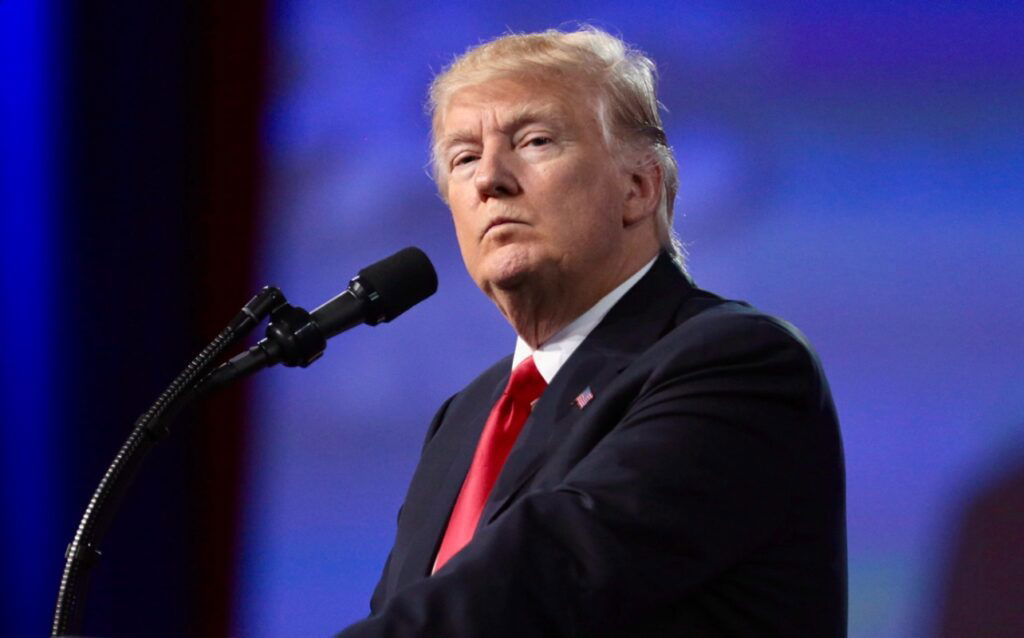The Xbox brand faced near destruction due to acquisitions and excessive finances, according to a reader's account.
The article discusses how Microsoft's acquisitions have contributed to Xbox's current dilemma with multiple formats.

The Xbox dilemma has been a hot topic lately, with many speculations and debates surrounding it. The reader delves into the events that have led to this situation and how Microsoft's decisions have played a major role in it.
It all started off on a positive note for Xbox, with the reveal at The Game Awards in 2019 generating a lot of excitement and goodwill. The successful launch in late 2020 only added to the momentum. However, things took a turn when Bethesda was acquired by Microsoft in March 2021. The debate surrounding exclusivity sparked a frenzy in the media, and understandably so. You can't acquire studios known for releasing games on multiple platforms and not expect some backlash.
The launch of Forza Horizon 5 in November 2021 was a success, receiving praise from both critics and gamers. Xbox seemed to be gaining some momentum. However, in January 2022, Microsoft announced the acquisition of Activision, and things took a downward spiral from there. What followed was a chaotic mess - public spats with Sony, court cases, embarrassing leaks, and executives taking the stand. It was a desperate display for all to see.
The acquisition of Activision was not finalized until October 2023, and during this time, all attention was focused on it. As a result, the release schedule for Xbox in 2022 was almost non-existent. This was the year that sealed their fate. While Sony has a sparse schedule, they have strategies in place to keep the momentum going, such as releasing remastered versions of beloved games and making exclusive deals with third-party developers. Microsoft, on the other hand, couldn't do any of this, as they were too preoccupied with their role as the underdog.
The fast-paced growth that Xbox experienced ultimately led to their downfall. Instead of acquiring individual studios to strengthen their ranks, Microsoft's focus on purchasing publishers has backfired. The release of Starfield, which was highly anticipated, did not meet expectations and ultimately affected console sales. It was a huge bet for Microsoft, and it didn't pay off.
Now, there seems to be a shift in strategy. What was once a pet project for Xbox has now become a major source of income for Microsoft. Phil Spencer, who is undeniably a gamer at heart, is now facing pressure from the higher-ups who are more concerned with the financial aspect. This has resulted in a decline in perception of Xbox.
Amidst all the chaos, rumors have been circulating since the beginning of the year, with reports of even major titles going multi-platform. This has caused a lot of speculation, and the reader believes these rumors were deliberately leaked to provoke a reaction from fans. While they don't think we will see games like Halo or Gears of War on PlayStation anytime soon, they do believe that all titles from Activision and Bethesda will be headed to other consoles, which should have been the messaging from the beginning. This change in strategy might be perceived as a backtrack, but it was probably necessary for Xbox's survival.
It's understandable that fans of Xbox assumed these acquisitions would result in exclusives, but the reality is that even market leader Sony has its own struggles with rising development costs. It was unrealistic to expect exclusivity from the third-placed competitor. So, when it was announced that games like Indiana Jones will also be available on PlayStation, it felt like a betrayal. But in reality, it was never a possibility to begin with.
The rise in development costs has forced companies to expand their reach and cater to a larger userbase. Microsoft was the first to do so because of their market position, but it won't be long before their rivals follow suit. This is the beginning of a new era in gaming, and whether we like it or not, it's here to stay.










